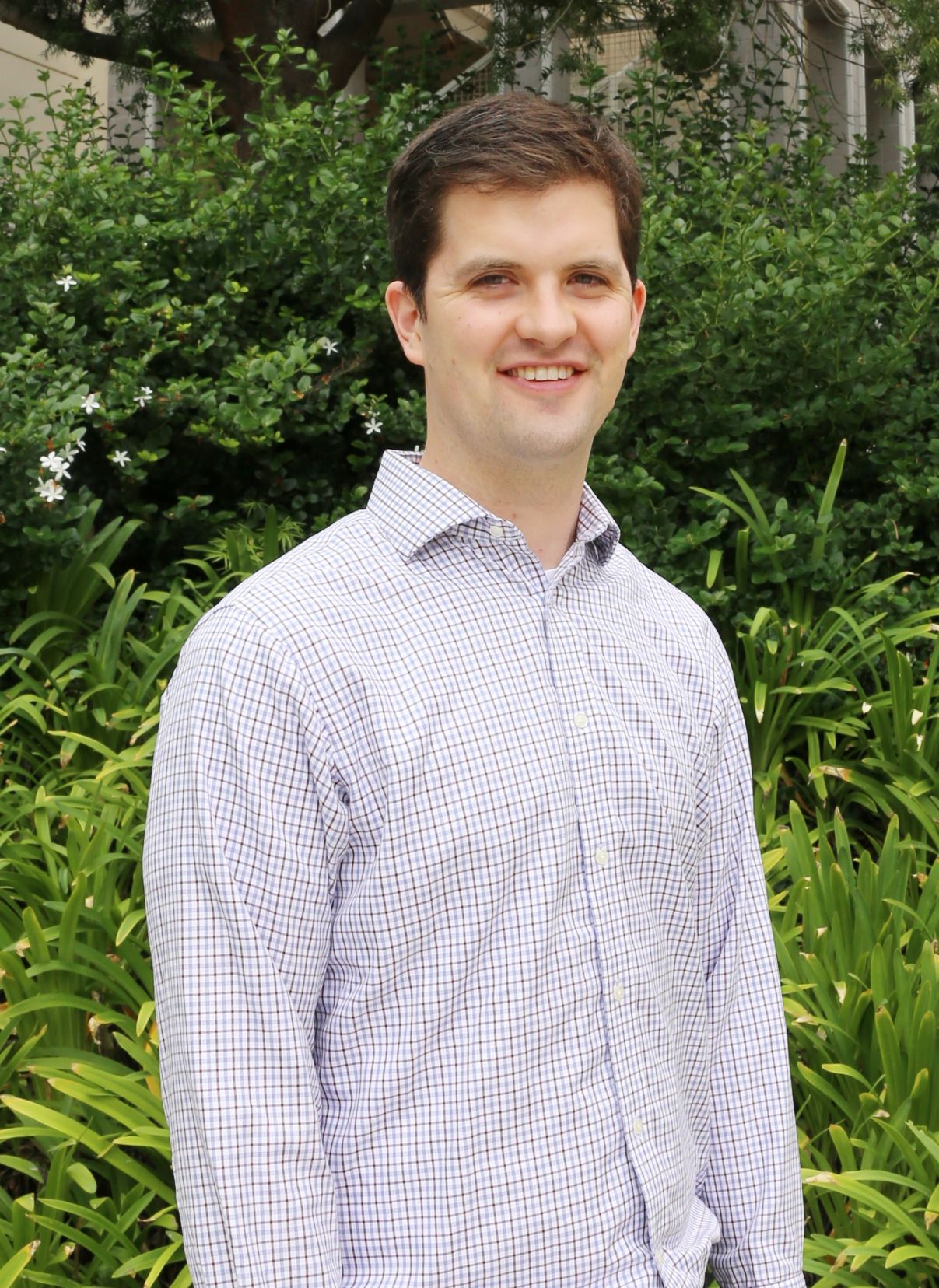ITS-Irvine Faculty Spotlight: Mike Hyland
Assistant Professor Civil and Environmental Engineering
How did you become interested in transportation? And what interests you most right now?
In short, what first interested me in transportation was my frustration with untimed traffic signals and congestion on the Interstate highway as a child.
I am from a suburb a few miles east of the City of Pittsburgh. Congestion in Pittsburgh is not terrible, but the city has several tunnels on the Interstate that are huge bottlenecks despite having the same number of lanes as the non-tunnel portions of the highway. I wanted to understand why these tunnels cause congestion and how to fix it.
Right now, I am interested in recent, emerging, and future innovations in the transportation space. I am particularly interested in driverless vehicles and shared mobility services, including ride-hailing, ride-pooling, robo-taxis, and shared micromobility (i.e., shared bikes and scooters).
My research focuses on improving the design and operational efficiency of these shared mobility services and understanding their potential impacts on travelers and society.
What drew you to UCI/ITS-Irvine? What do you like best/find as strengths at UCI/ITS-Irvine?
When I interviewed here at UCI, I was impressed with the graduate students I met, the collegiality of the faculty in ITS and Civil and Environmental Engineering (CEE), and the breadth of transportation courses associated with the transportation undergraduate and graduate programs.
After six years, I can say that my initial assessment was quite accurate. Our ITS graduate students are great; the ITS and CEE faculty are not only collegial but truly supportive, particularly when a fellow faculty member is facing challenging times; and I still believe we offer the best combination of graduate-level courses in transportation systems in the country.
If you could give incoming students one piece of career advice, what would it be?
For graduate students, choose a research topic that is both intellectually interesting AND important. To clarify what I mean by "important," I will paraphrase Dimitris Bertsimas: If somehow you were entirely successful in answering your research question, will the answer actually impact the world around you (or our collective understanding of the world)? If the answer to that question is "no", the research question is not worth pursuing.
More practically, I find there is another benefit of pursuing research questions that are externally important. Research is challenging and my confidence in my abilities and research approach can wane during a project, but when I know that my research results could impact the world around me it is easier to push through.
What are your research interests and what types of projects are you currently working on?
Over the past three years, I have had several projects related to microtransit services and their relationship with fixed-route transit. We developed an agent-based simulation model that captures the dynamic relationship between the demand for transit services (microtransit and fixed-route transit) and the performance of these transit services. Among other features of the simulation model, it outputs a wide-range of useful metrics for a transit agency interested in microtransit, including mode share, vehicle miles traveled, change in mobility, accessibility to jobs, operational cost, and subsidy per transit user.
Currently, we are using data from transit agencies in Sacramento and Atlanta, and from the San Diego Association of Governments to calibrate the model based on existing microtransit and fixed-route transit services.
Once we calibrate the model, we plan to evaluate a number of important integrated micro-transit and fixed-route transit design variables, including fare structure, fare values, microtransit fleet size, microtransit service region(s), and transit frequency.
What do you consider your most significant research finding or accomplishment thus far? What are the next steps in this research/what do you have planned?
My most ambitious (i.e., high-risk, high-reward) research to date is the work I did with my former PhD student Navjyoth Sarma. We introduced a completely new concept that we called network flow shareability, which we define as "the extent to which travelers within a subregion can overlap in time and space on physical links in the subregion’s road network." We also introduced a mathematical programming model to operationalize this definition. Finally, we partially validated the model by showing that as our measure of network flow shareability for an area increases, so does the efficiency of a last-mile transit feeder service operating in the area.
Going forward, we believe the model can help design both fixed-route transit networks and integrated microtransit and fixed-route transit systems.
What are your other plans for future research?
I have an upcoming project with Waymo--the current leader in robo-taxi service in the United States. I will be doing some modeling and simulation work for them.
I am also working on a new project for the California Air Resources Board (CARB). We are building a tool for them to help forecast the potential accessibility improvements of synergistic small-scale infrastructure and mobility investments in disadvantaged communities. This project definitely meets both the "intellectually interesting" and "important" criteria I mentioned earlier. We need to figure out how to incorporate small investments (e.g. tree shade on a few sidewalks, bike lanes, etc.) into our forecasting model. If we can address this challenge, the research project can really help CARB evaluate and select proposals to fund with taxpayer money.
What are you watching right now?
The Olympics! I really enjoy the Olympics--especially basketball. I remember watching them with my parents, siblings, and cousins when I was six. Of course, we were making up our own athletic competitions and competing during commercial breaks. Go Team USA!